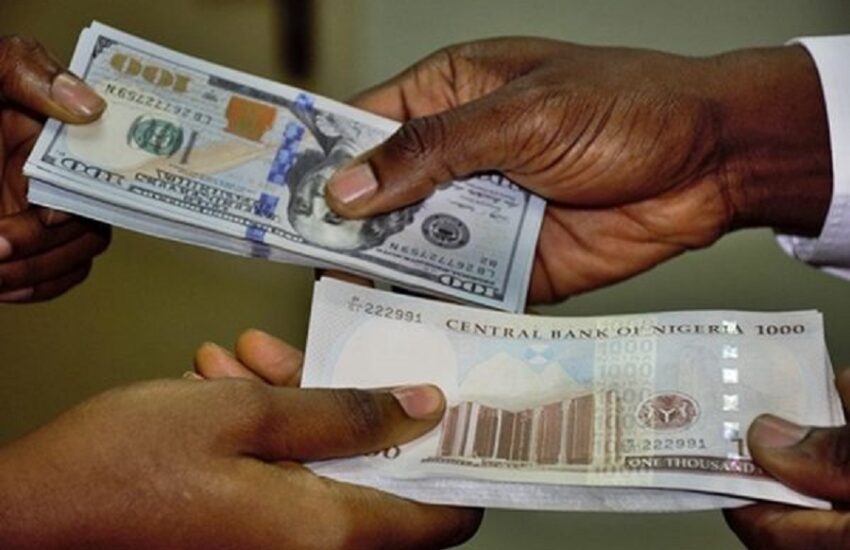In order for Nigeria’s currency floating strategy to be effective, economist David Luke of the London School of Economics in the UK has encouraged the government to subsidize loans to manufacturers.
According to Luke, the Naira’s floating alone is insufficient as a strategy, thus the government must take all necessary measures to boost exports in order for the country to reap the benefits of the new policy.
During a press conference in Abuja, the Sierra Leonean made these remarks in preparation for the launch of his book, How Africa Trades, which was funded by the Friedrich-Ebert-Stiftung (FES).
Considering the potential for input substitution policies by the government and the fact that Nigerian goods would be cheaper outside the nation, he said the strategy may promote exports.
Luke boldly argued that President Tinubu’s policies, particularly his abolition of the fuel subsidy and floating of the currency, might be successful if other circumstances are satisfied.
Nigeria has been surprising everyone with its daring recent actions. Fuel subsidy cuts and naira floating—the former has the potential to make locally produced goods inexpensive for export and the latter to encourage domestic production of goods that are currently too expensive to import.
It may be successful in Nigeria if additional measures are taken simultaneously. That, however, is insufficient, as it is customary to grant credit to individuals who are capable of producing when undertaking such endeavors. You should check that banks can actually lend money at reasonable rates. This denotes subsidized loans. I am not stating anything new because we have witnessed it in other nations. He stated that nations who have allowed their currencies to float have done so in order to boost exports.
Luke bemoaned the lack of leadership from the black-populated nation and urged Nigeria to take the lead in African integration so that trade could flourish. He cited the inability of the continent’s second- and third-largest economies, South Africa and Egypt, to step up for various reasons.
Neither Egypt nor South Africa are appropriate candidates to spearhead integration, he said, due to their respective political histories and the Arab-centric stances of their respective populations.
Leadership from Nigeria is required; so far, it has been absent. You should be the driving force behind this type of integration for African countries if you are the largest economy. I don’t think other large African countries can compete with Nigeria in this regard. This includes South Africa, Egypt, Morocco, and others. South Africa cannot offer such leadership because to their complex past, which they are now attempting to overcome.
It is my belief that Egypt is not the best nation to offer such leadership due to its dual role in the Arab and African worlds. Even though Morocco’s economy is far smaller than these other countries, it is nonetheless vibrant. This new way of trade between ourselves should be spearheaded by Nigeria, the Economist said.
The book will be made available to the public, according to FES national representative Lennart Oestergaard, who also mentioned that the Black continent stands to gain a lot from it.
